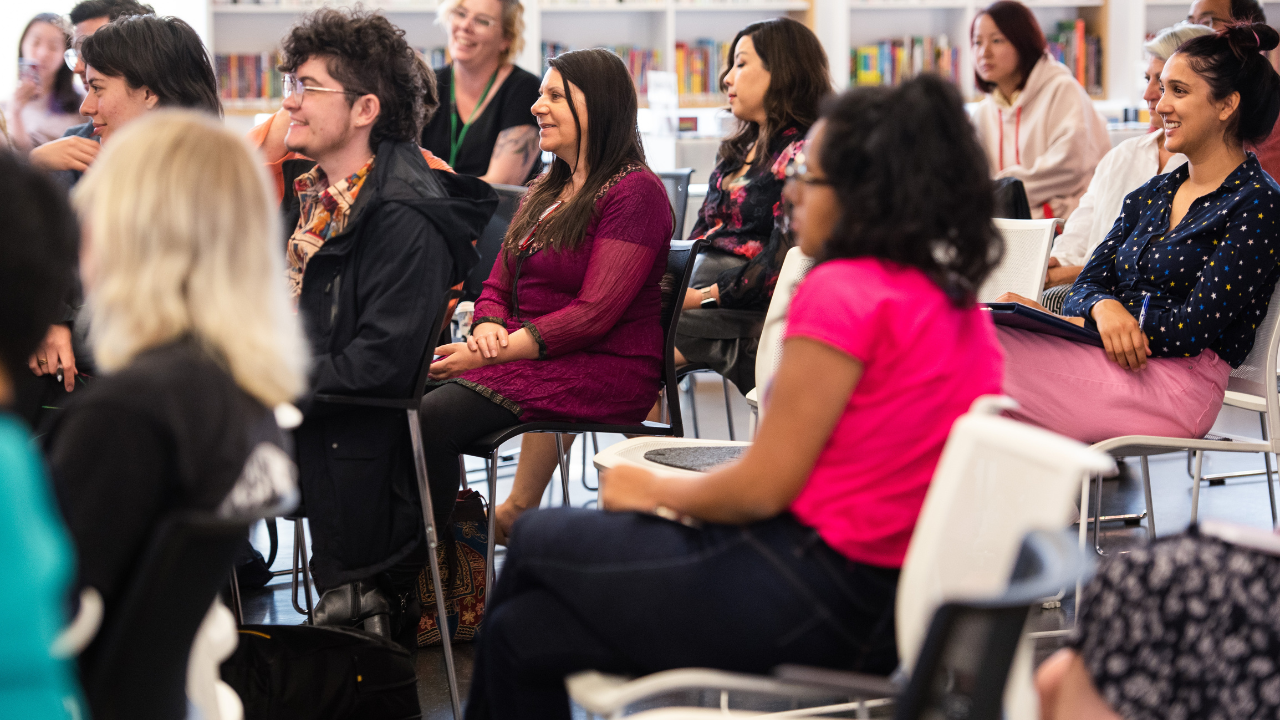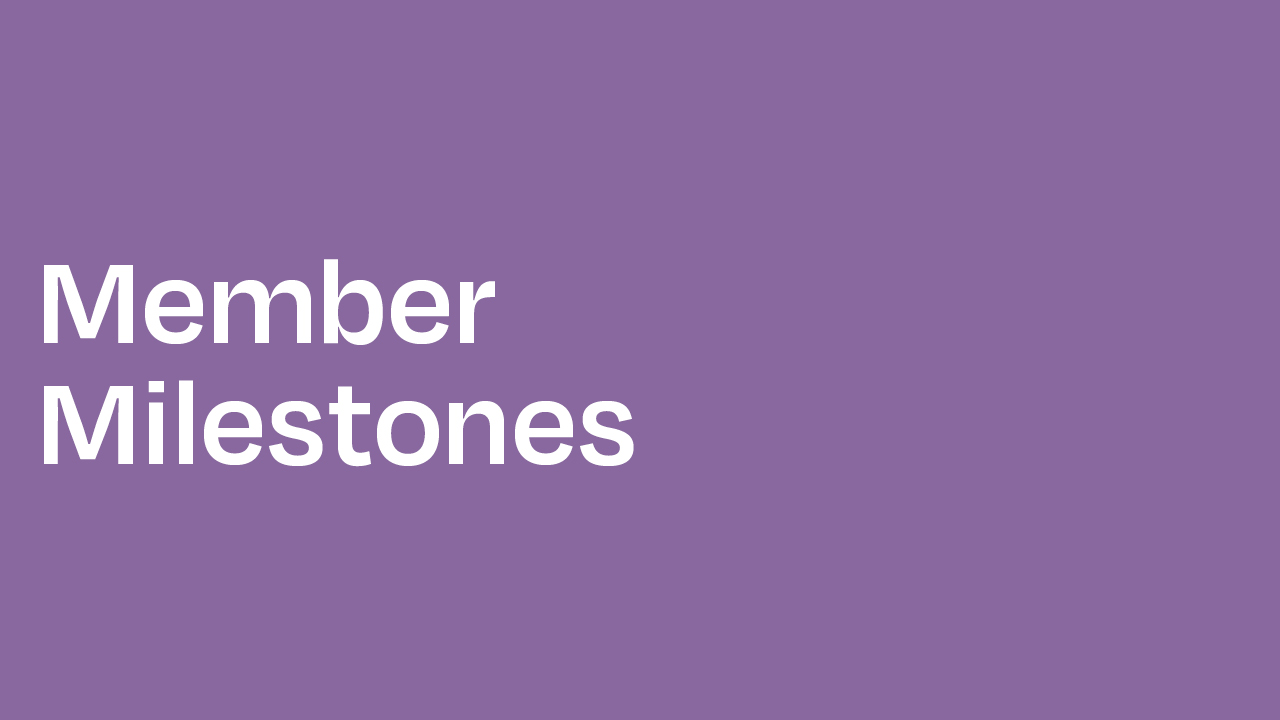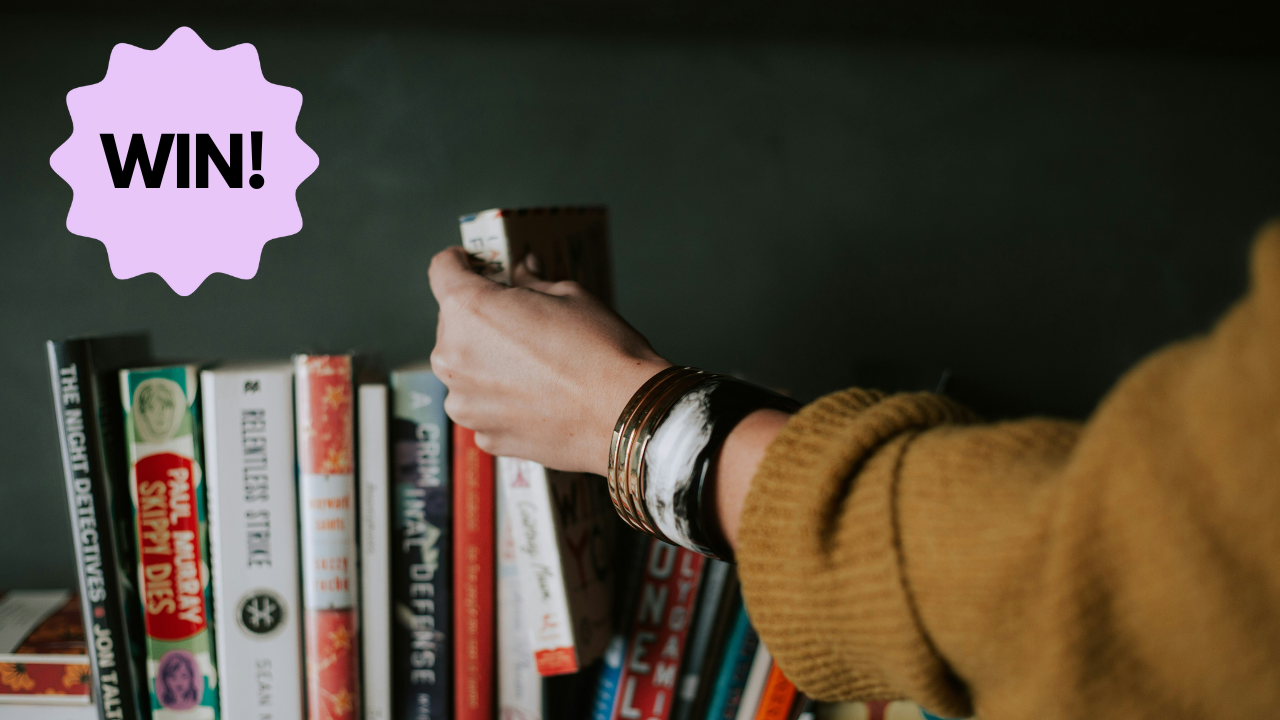This year I embarked on the biggest editing job of my career. In the past I’d edited individual stories, mammoth technical manuals, small magazines, brochures and websites, but I’d never edited a collection of short stories, and this task felt different. More important.
The collection, which came to be called Breaking Beauty, started out as my baby: I had a lot invested in it. I brought the idea to the publisher, and she was happy for me to work independently – she trusted me! – and only wanted to see the manuscript at the very end of the process.
So there I was, with dozens of stories to read, all written by talented, accomplished writers, and I had to pass judgement on them.
Daunted, much?
This act of judging a piece of creative writing is something that I find problematic. Give me a professional document – a procedure, a policy – and I have no such qualms. There are strict and meaningful guidelines in place, which basically boil down to: clarity and brevity, clarity and brevity. Creative writing is much more complex and there were many times when reading the submissions that I asked myself, ‘who am I to judge this work?’
I soon discovered that the selection process was equal parts instinct and analysis. This is something that I think writers will understand because we all live in this middle ground. Nobel Prize winning author Orhan Pamuk says it pretty well when he says, ‘Being a novelist is the art of being both naïve and reflective at the same time.’ The naivety comes in at the ‘trust your gut’ level and the reflectivity comes in when we sit back and question our motives and decisions as writers.
As an editor, it’s not that dissimilar. I had a gut reaction to almost every story that was submitted for this anthology. If I didn’t have a gut reaction, that in itself told me something pretty important: the only thing worse than a gut reaction is a ‘meh…’ reaction. So then it became imperative to question that reaction: why did I feel that way? Was I responding to a personal experience I’d had (sometimes, yes)? Was I responding to a writing style I enjoyed, or didn’t enjoy (sometimes, yes)? Was I reacting to a political stance I held (sometimes, yes)? Was I making judgements about what constituted ‘good writing’ (of course)?
But even this reflective examination of my decisions brought me back to my personal experiences, beliefs and tastes. It has to. At the end of the day, any editor – especially one given the degree of freedom I was given – has no choice but to apply their stamp on the work.
But in the forefront of my mind at all times was the knowledge that I was working with impressive writers. Stefan Laszczuk has won the Vogel. Sean Williams has published over 40 books and been on the New York Times bestseller list. Rebekah Clarkson is one of Australia’s most awarded and loved short story writers.
Above all I had to respect their work, and so it became my mission to preserve their voice. While I was putting my stamp on the work by choosing the story, I would not put my stamp on the work by changing the story. Once I’d made the choice to publish the story, I was also making the choice to respect the writer behind the story. Author Terri Windling says, ‘There are plenty of bad editors who try to impose their own vision on a book… A good novel editor is invisible.’ So that became my aim: to be invisible.
I would hope that all of the 27 writers in Breaking Beauty agree that their voices, stories and vision have been preserved. I tried to have a soft hand with any suggestions. No matter how closely an editor reads a work, they can never know it better than the writer. And no matter how well a writer thinks they know their work, they can always glimpse it differently through the lens the editor applies.
From this process came a collection of 28 stories that I love. Author Stephanie Roberts said, ‘Editing fiction is like using your fingers to untangle the hair of someone you love.’ At times it felt like that – I needed to be gentle, careful, mindful, respectful – because I was falling in love with these stories and I wanted to display their beauty so that others could love them too.
In the end, I think we achieved a pretty special collection of stories. They all have something to say about beauty, or about its not-so-pretty flip side. The stories are heartfelt and accomplished. Some shine a light, others spread joy. They are all beautiful.
Breaking Beauty will be launched at the SAWC on Friday 7th November at 6.30pm for a 7pm start. All are welcome. Please RSVP to Anna Solding on 0400 047 426 or a[email protected] by Wed 5 November for catering purposes.
Breaking Beauty is available from all good book stores and from the MidnightSun Publishing website.







